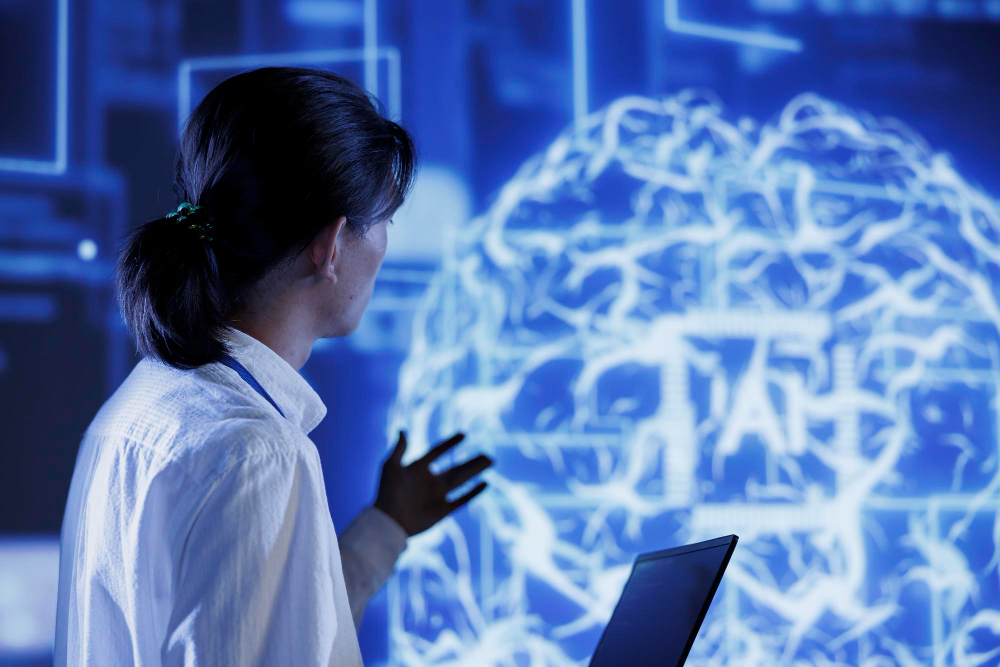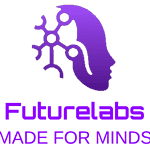Yoshua Bengio
One of the leaders in the field of deep learning:
Yoshua Bengio is a fundamental figure in the field of deep learning, and his contributions have been crucial to the development of this technology.
Bengio showed a great passion for computer science and mathematics from a young age. His interest focused on understanding how the human mind works and whether it was possible to replicate some of these capabilities in machines. He studied at McGill University, where he obtained his Ph.D. in computer science. During his studies, he became deeply interested in artificial neural networks, a technology that at the time was considered to have little promise. Bengio was inspired by the work of pioneering researchers such as Geoffrey Hinton and David Rumelhart. These researchers laid the foundations for deep learning and provided Bengio with a clear vision of the potential of this technology. Yoshua Bengio is one of the main drivers of the field of deep learning. His research on RNNs (Recurrent Neural Networks) and representational learning has had a profound impact on the development of AI. Bengio is a visionary who believes AI has the potential to transform the world but is also aware of the challenges and risks this technology poses.
Key Contributions and Impact on Deep Learning:
Bengio made significant contributions, particularly in the field of deep learning:
- Recurrent Neural Networks (RNNs): Bengio is globally recognized for his contributions to the development of RNNs. These networks are ideal for processing sequences of data, such as text or time series, and have revolutionized the field of natural language processing.
- Representational Learning: He has made important advances in representational learning, which seeks to find internal representations of data that allow machines to learn more complex tasks.
- Founding of MILA: Bengio founded the Montreal Institute for Learning Algorithms (MILA), which has become one of the world’s most important AI research centers. MILA (Institut Québécois d’Intelligence Artificielle) is a research institute led by Yoshua Bengio that is highly influential in the world of deep learning. MILA is dedicated to basic research in artificial intelligence, aiming to understand the fundamental principles behind learning and intelligence. MILA’s research has led to numerous practical applications in fields such as computer vision, natural language processing, and medicine. The main features of the institute include:
- Emphasis on local talent: MILA has been key in developing an AI ecosystem in Montreal, attracting talent from around the world and training a new generation of researchers.
- Close collaboration with industry: MILA works closely with companies like Google DeepMind and Element AI, enabling the translation of research advances into commercial products and services.
- Commitment to society: MILA is concerned with the social implications of AI and works to ensure that this technology is developed ethically and responsibly.
Some of MILA’s Most Important Contributions:
- Development of deep learning algorithms: MILA has developed innovative algorithms to train larger and deeper neural networks, significantly improving performance in tasks such as image recognition and natural language processing.
- Applications in healthcare: MILA researchers are working on AI tools to diagnose diseases, analyze medical images, and personalize treatments.
- AI for social good: MILA also investigates how AI can be used to address major social challenges, such as climate change and inequality.
RNNs and Natural Language Processing:
RNNs, thanks to their ability to process sequences, have been essential in the development of advanced language models. These networks have enabled:
- Machine translation: RNN-based models have significantly improved the quality of machine translation.
- Text generation: RNNs can generate coherent and creative text, such as poems or programming code.
- Sentiment analysis: They can analyze the sentiment of a text, identifying whether it is positive, negative, or neutral.
- Chatbots and virtual assistants: RNNs form the foundation of many chatbots and virtual assistants, enabling them to maintain coherent and meaningful conversations.
Bengio and His Vision for the Future of Artificial Intelligence:
Bengio is optimistic about the future of AI but is also aware of the challenges and risks it poses. His main concerns include:
- Algorithmic biases: AI can perpetuate and amplify biases present in training data.
- Privacy: The collection and use of large amounts of personal data raises significant privacy concerns.
- Unemployment: The automation of tasks could lead to job loss and increased inequality.
Despite these challenges, Bengio believes AI can be a force for good, helping us solve some of the world’s biggest problems, such as diseases and climate change.
Current Work:
Bengio continues to work on developing new deep learning techniques and applying these techniques to real-world problems. He is currently focused on:
Ethics in AI: He is actively engaged in discussions about the ethical implications of AI and its societal impact.: Bengio es un defensor de la ética en la IA y trabaja para garantizar que esta tecnología se desarrolle de manera responsable y beneficiosa para la humanidad.
Self-supervised learning: Bengio believes that self-supervised learning is key to developing more general and capable AI systems.
Artificial General Intelligence (AGI): He is interested in the development of AGI, which refers to AI with cognitive abilities similar to those of humans.






0 Comments